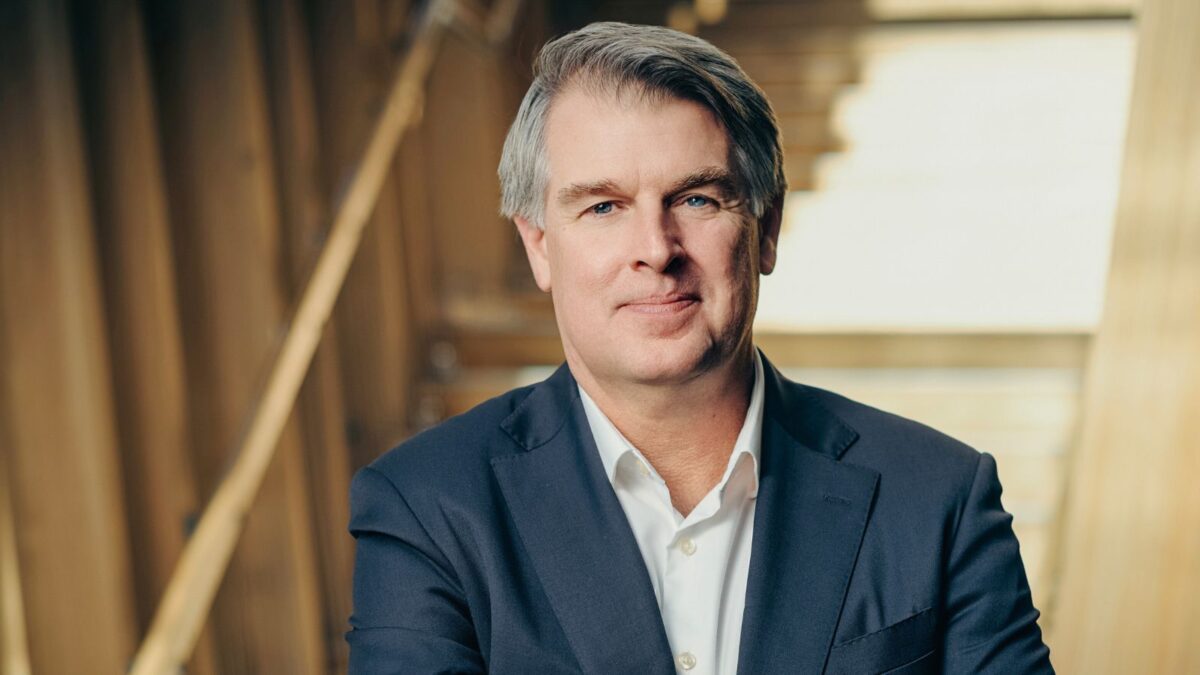MLC puts integration in the rearview, hunts uncorrelated super returns
Industry and ‘profit-to-member’ funds have been at the top of the superannuation food chain for years now, with low fees, relatively high returns and default distribution (now ended in favour of stapling) driving massive inflows.
But retail funds are now well on their way to catching up, buoyed by natural advantages in the retirement space, as well as fee cuts and improved investment performance.
“You look at the performance of retail and industry funds, and historically there has been a gap,” Dan Farmer, CIO of MLC Asset Management. “That has closed dramatically. A number of our funds, 10 years ago, had very limited allocations to private assets. If you look at our MLC MySuper fund that’s now up to 30 per cent across unlisted infrastructure, property, private equity and alts.
“Under the bonnet that gap has closed. The cost and relative pricing gap has closed dramatically, and I think that distinction, from an investment point of view, has largely disappeared.”
Not that it hasn’t been a long road to this point. Since the royal commission, the two largest retail players – Insignia and Colonial First State – have been through a flurry of business separations, integrations and management changes. Farmer is now responsible for investing the bulk of APRA-regulated assets across what were previously three separate businesses: IOOF, MLC and ANZ Pensions and Investments. That’s meant bringing a number of disparate investment teams together, building out the data analytics platform that underpin their decisions, and trying to “drastically” reduce complexity across the business – all while continuing to generate strong returns for members. Much of that simplification work was “just logical”, Farmer says – the sort of problem that any investment team would try to solve if they were presented with it, like manager and asset duplication.
“And in terms of the two teams, investment philosophy was very similar across the IOOF and MLC teams. Both had a fundamental view that active management can add value in most asset classes – not everywhere, but it wasn’t a case of trying to blend an active and passive approach.
“Both the teams had been running multi-manager funds for literally decades and had arrived at similar conclusions about the best way to run them – we didn’t have any major clashes about what an asset class portfolio should look like. But there was some change to the manager line-ups, as you can imagine.”
While the integration of the three businesses is now largely in the rearview mirror, Farmer says that there’s “always slope on the mountain” and room to further streamline the product suite.
“But what I’m looking at going forward isn’t fixing problems – it’s driving returns.”
A good chunk of those returns has come from MLC’s alternatives program, which invests in a number of highly uncorrelated assets: insurance-linked securities (ILS) and natural catastrophe reinsurance, and niche private credit like litigation finance, which is “often overlooked by the broader market” due to the time and expertise required to do it right. MLC has been increasing its weighting to ILS and reinsurance and they’re now in all of its “heritage” portfolios.
But listed equities can’t be overlooked as a contributor to performance. MLC’s Aggressive product (which is primarily made up of leveraged equities) has returned about 26 per cent for the year, and Farmer says the team isn’t shying away from what others fear are toppy markets.
“We’ve kept our listed equity weights around benchmark – it has been tempting at times to go underweight, but we’ve been focussed on the fundamentals of the market. Valuations have been full in some markets, particularly in the US, but fundamentals have been strong underneath, and that’s kept returns going.”
“Our active managers in listed asset classes have also performed really well. We’ve added some active alpha; our Aussie shares fund is tracking at about 72 basis points of extra return. International shares across the whole market has been a really difficult year for most active managers – when we look across the style factors like quality, growth, value, many of the style factors just haven’t performed this year. But our fund has done well relative to peers.”
MLC is also doing a lot of work on fixed interest, which Farmer says is often overlooked as a “dull, defensive” asset class.
“We’re driving that a bit harder by adding extended credit and private credit and have been active in managing our duration. Over the year our fixed interest portfolio has added 67 basis points of extra return, and we’re looking forward to leaning into those by using our scale.”











